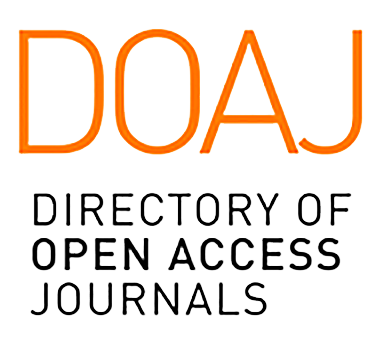2790-9441






MLA International Bibliography
MLA Directory of Periodicals
ProQuest
CrossRef
Google Scholar
Gale-Cengage
ROAD
Zhengjie Li
Hui Long
Wei Lou
Guangzhou College of Technology and Business, China
Abstract
Guided by Nida's translation theory, this article advances an integrated theoretical and methodological framework for developing students’ idiomatic competence via with systematic translation strategies. This article first describes the idiomatic challenges that Chinese English learners (ELs) face as well as their inability to understand and use English idioms while studying in the U.S. school system. It then addresses a systematic approach to tackle different types of idioms aligned with Liontas' (1999, 2002) vivid phrasal (VP) idiom system. The VP idioms are comprised of three subcategories, Lexical Level idioms, Semi-Lexical Level idioms, and Post-Lexical Level idioms, which can be associated with three corresponding translation strategies, literal translation, adaptation translation, and equivalence translation respectively. Thereafter, this article reviews several studies pertaining to idiom translation principles and strategies. Finally, this article presents pedagogical implications for ESL/EFL practitioners to help Chinese students decipher and acquire English idioms and ultimately promote their idiomatic competence.
Keywords
Idiomatic competence, idiom translation strategies, vivid phrasal idioms, equivalence translation, bi/cross-cultural awareness